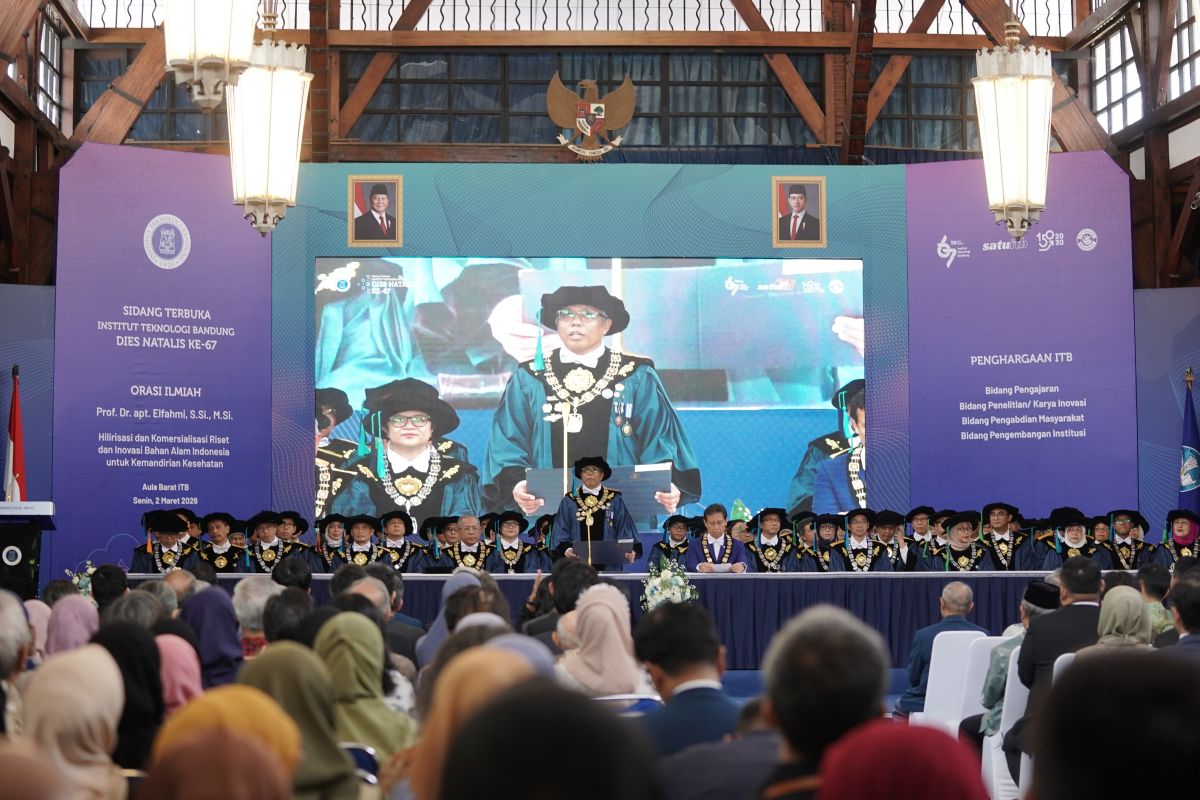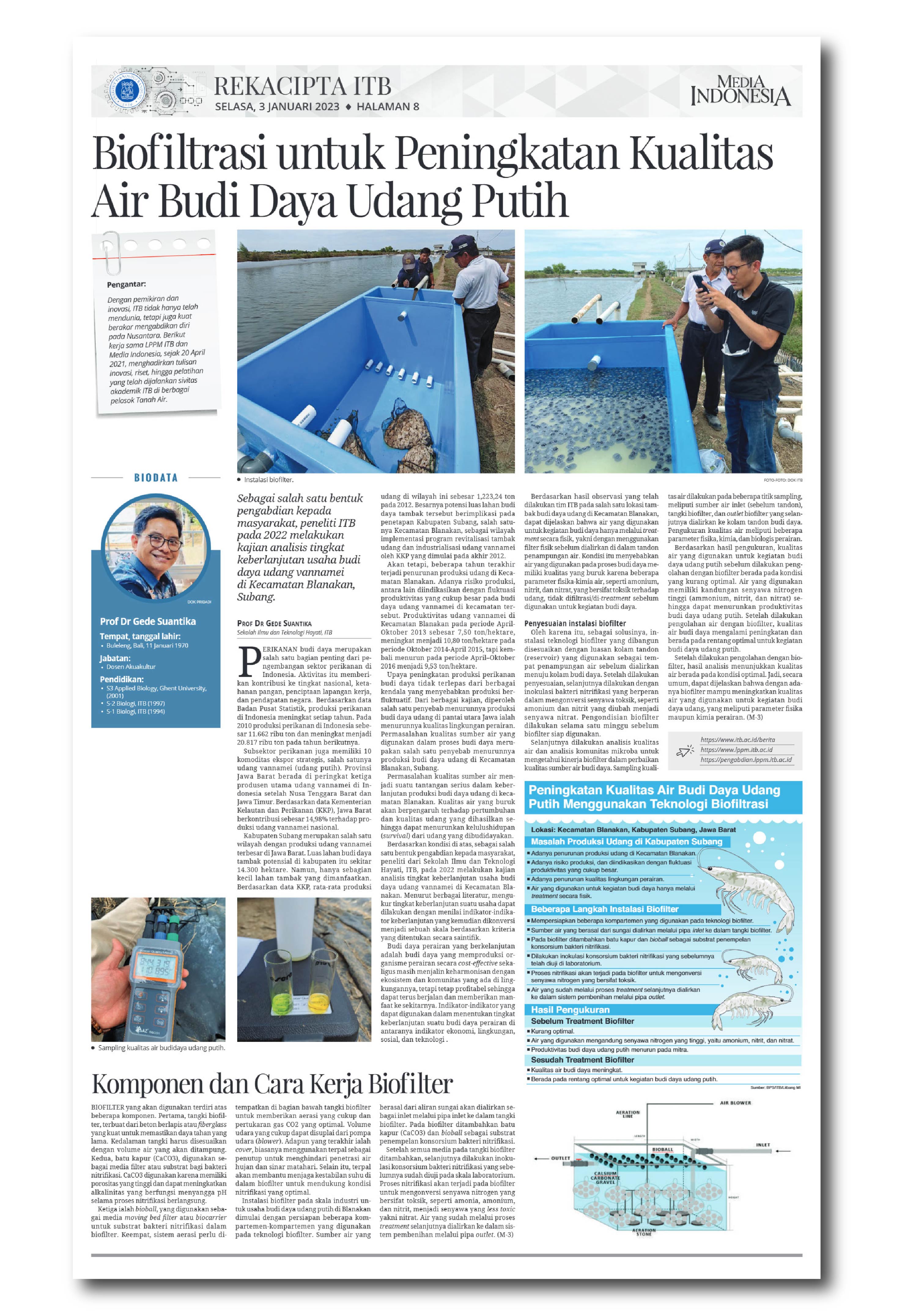AI-Driven Education: Cultivating Adaptability and Creativity in Students
By Iswatun Amaliah Khairunnisa -
Editor M. Naufal Hafizh, S.S.

Amid the current buzz about AI usage, especially in the education sector, a debate has emerged among academics and technicians regarding "Should AI be used in education?" Dr. Dimitri Mahayana explained that AI, particularly generative AI, cannot present an absolute truth and is thus only suitable for assisting human tasks.
Generative AI is often labeled as a "soft bullshitter," necessitating cautious use. To demonstrate, he asked ChatGPT to solve the multiplication of 353 by 2833, but the responses were inconsistent and varied, leading to philosophical doubts about the accuracy of generative AI.
Furthermore, the issue of AI potentially replacing humans is frequently debated. He explained through Roser's (2022) research that by 2020, many human jobs had already been replaced by AI. However, he believes the question of whether AI can fully replace humans remains unanswered. The reasoning is that AI, as a mathematical algorithm, will never possess consciousness. This is based on Roger Penrose's research, which asserts that as long as AI systems are algorithmic and mathematical, they will not develop consciousness, such as emotions and artistic sense, like humans. Therefore, his answer to the initial question is that AI will not replace humans, but humans assisted by AI can replace those without AI.
In reality, despite the threat of AI replacing humans, people in developing countries, including Indonesia, are more optimistic about the current existence of AI. This can be a stepping stone, especially in Indonesia's education sector, to utilize AI optimally.
At the end of his presentation, he stated, "Technology will never have morals; that is the domain of humans."
Thus, the AI challenge can motivate educators and lecturers to create an education system that produces students who can not only complete tasks performed by robots but are also more creative, humane, and adaptive.

.jpg)

.jpg)
.jpg)
.jpg)
.jpg)

